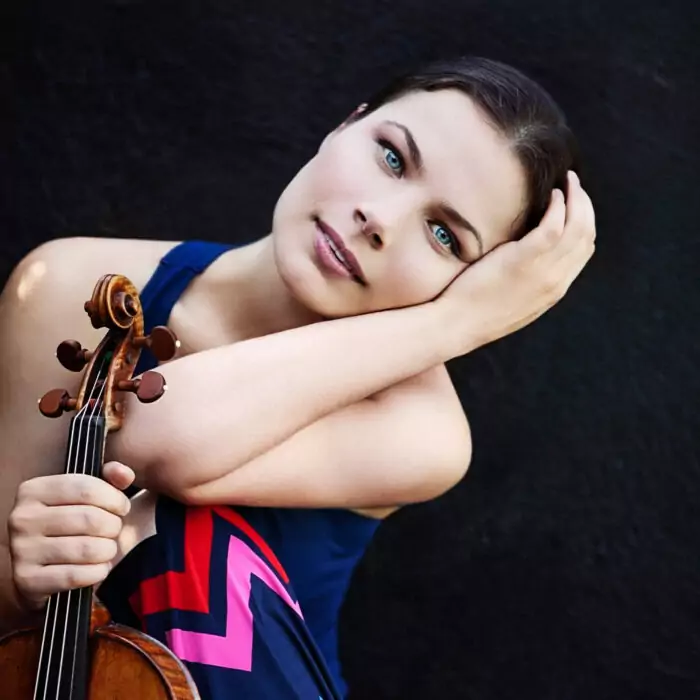Bella Hristova claimed first prize in the 2007 Michael Hill International Violin Competition. She’s been a mainstay in New Zealand ever since, and this year returns to judge the 2023 competition. A few days before arriving here for her ninth (!) visit, Bella Zoomed in from New York, where she lives with her husband, composer David Ludwig, and four cats.
What do you remember about 2007?
I remember it being a bit of a whirlwind. I was coming from near Rome, and I couldn’t get on my flight from Rome to, I think, Hong Kong, and I couldn’t go through Sydney. I don’t even know how I got to Auckland. Then I got there and my flight to Queenstown was cancelled because of fog. So I arrived terribly jetlagged.
You were 21 at the time. Looking back, how ready were you?
I stuck to my preparation routine, so I think I was ready. What was really thrilling for me was the following year, the winner’s tour. That showed me I was ready to perform day after day. I think of that as the true beginning of my performing career. For me, it was life changing. I felt invigorated by the different audiences and the music, and I saw the music develop from playing it night after night. And of course, playing with Michael [Houstoun] was so meaningful and inspiring for me then; it still is. At the end of the tour I was exhausted – but I was ready to do it all again.
How is preparing for a competition different to preparing for a concert?
Ideally it shouldn’t be any different. But of course, you have in the back of your mind that you’re being judged against other people and you want to do your best. I started a practise journal at my teacher’s strong suggestion. I had written out in a little book what I was going to practise on which days. That’s just to get the basic technical comfort and proficiency. The technique should be a given. It should be there to serve the music so that in the performance or the competition it should be treated as a performance. That’s the mindset I had preparing for the competition. And to focus on the music and enjoy the music in the moment, and I think I managed to do that in every round.
